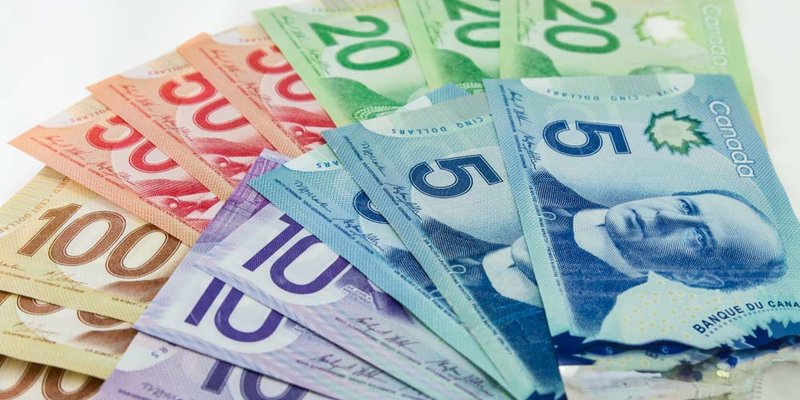
If you are not redirected within 30 seconds, please click here to continue.
Samedi: 10h – 16h HAE

If you are not redirected within 30 seconds, please click here to continue.
If you are not redirected within 30 seconds, please click here to continue.
Again world leaders are raising concern about the growing threat of currency wars between countries. This is the act of a country deliberately devaluing their currency to make it more attractive for foreigners to conduct business in their nation.
A lower exchange rate makes exports cheaper, increasing demand for products and boosting employment. Countries do this to gain a competitive edge. But the fear lies in too many countries devaluing their currency and creating an unsustainable "currency war". The threat was recently addressed by G-7 and G-20 leaders at a meeting in Moscow ahead of the scheduled Economic Summit to be held this Fall in the same location.
What is a currency war?
Also refereed to as competitive devaluation, a currency war is a deliberate act to weaken the dollar in hopes to stimulate a nation's economy, bring more business inside a country’s borders and promote export lead growth. It's not a common move because a highly valued currency is an indicator of a healthy economy. However, with the world economic crisis entering its fifth year, many nations are getting desperate to restart their economic engine.
How does competitive devaluation work?
Countries can devalue their currency in three ways. The most popular is quantitative easing: simply print more bills to increase the money supply. The other is to speak negatively about their own currency, therefore discouraging investors to speculate on the currency rising. Lastly, countries can sell their own currency, causing the value to drop.
Why are G-7 leaders worried?
A statement released by the G-7 leaders said, “excessive volatility and disorderly movements in exchange rates can have adverse implications for economic and financial stability.”
This is a reaction to Japan, who is a G-7 nation member, which recently created policy change that immediately devalued its currency. The statement went on to say all policy changes should be “oriented towards meeting our respective domestic objectives using domestic instruments, and that we will not target exchange rates.” Capital markets cannot function when exchange rates are targeted.
What have world leaders promised?
The statement from the G-7 also said fiscal and monetary policies must not be directed at devaluing currencies. They pledged once again to reaffirm their longstanding commitment to market-determined exchange rates and to consult closely in regard to actions in foreign exchange markets. Canada has signed the agreement. It’s a tremendous show of support as Canada’s exports have suffered significantly in the last five years from a strong loonie.
The markets' reaction
For now, the G-7 nations are seeing eye-to-eye. As well, when presented to the larger group of G-20 leaders this past weekend, their statement was welcomed by the other nations. G-20 central bankers agree the markets should determine rates -- not governments. But this harmonious voice may not last as the G-20 and even the G-7 are made up of countries with very different economic challenges and attitudes towards government intervention.
Future predictions
Financial markets around the world have been reacting widely in the last two weeks, a future indicator that the G-7 and G-20 statement are not the answer to end the so-called currency war. The next time these leaders meet is at the G-7 and G-20 summits in September where undoubtedly talks about manipulating exchange rates and the threat of currency wars will be back on the table.
Get money-saving tips in your inbox.
Stay on top of personal finance tips from our money experts!











